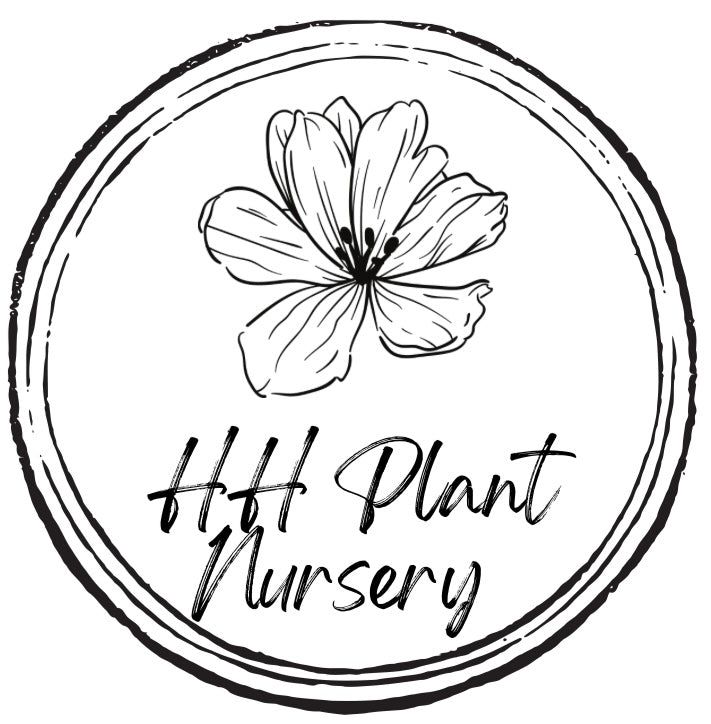Introduction
Medicinal plants have been used for centuries across different cultures for their healing properties. In this comprehensive guide, we will delve into the top medicinal plants that you need to know about for natural healing.
Aloe Vera
Aloe vera is a versatile plant that is popular for its soothing gel. It is commonly used to treat sunburns, minor cuts, and skin irritations. The gel of the aloe vera plant contains compounds that have anti-inflammatory and antimicrobial effects, making it a go-to remedy for various skin issues.
Lavender
Lavender is not only admired for its calming fragrance but also for its medicinal benefits. This aromatic herb is known for its ability to reduce stress, anxiety, and insomnia. Lavender essential oil is often used in aromatherapy to promote relaxation and improve sleep quality. Additionally, lavender can be applied topically to relieve insect bites and minor burns.
Garlic
Garlic is not just a staple in the kitchen but also a powerful medicinal plant. It contains allicin, a compound with antimicrobial and anti-inflammatory properties. Garlic has been used for centuries to boost the immune system, lower blood pressure, and improve heart health. Consuming garlic regularly may help in preventing colds and flu.
Ginger
Ginger is a popular spice with a long history of medicinal use. It is well-known for its ability to aid digestion, reduce nausea, and alleviate motion sickness. Ginger also exhibits anti-inflammatory properties, making it beneficial for managing muscle pain, arthritis, and migraines. Drinking ginger tea or adding fresh ginger to meals can provide these health benefits.
Turmeric
Turmeric is a vibrant yellow spice that contains curcumin, a compound known for its powerful anti-inflammatory and antioxidant properties. Curcumin has been extensively studied for its potential to reduce inflammation, improve cognitive function, and protect against chronic diseases. Turmeric is commonly used in curries, teas, and golden milk lattes as a natural remedy for various health conditions.
Peppermint
Peppermint is a refreshing herb with a minty flavor and numerous health benefits. Peppermint tea is often consumed to aid digestion, relieve bloating, and soothe stomach discomfort. The menthol in peppermint has a cooling effect that can help alleviate headaches and sinus congestion. Peppermint essential oil is also used topically to relieve muscle tension and promote relaxation.
Chamomile
Chamomile is a gentle herb that is prized for its calming and sedative properties. Chamomile tea is a popular bedtime beverage known for its ability to promote relaxation and improve sleep quality. This herb is also used topically to soothe skin irritations, such as eczema and rashes. Chamomile essential oil can be added to baths for a calming aromatherapy experience.
Conclusion
These are just a few of the top medicinal plants that can aid in natural healing. Incorporating these plants into your daily routine can support your overall health and well-being. Remember to consult with a healthcare professional or herbalist before using any medicinal plants for therapeutic purposes to ensure safety and effectiveness.

